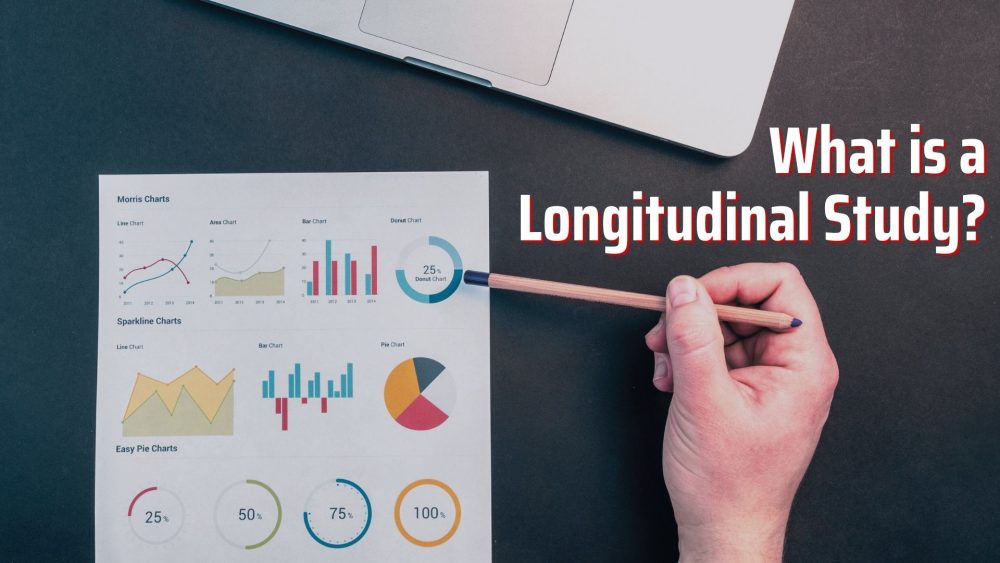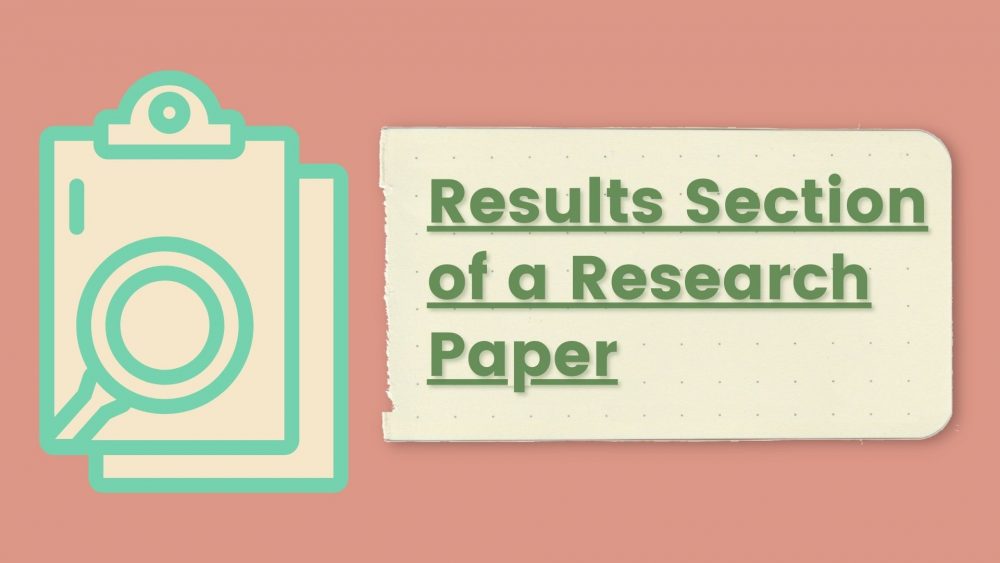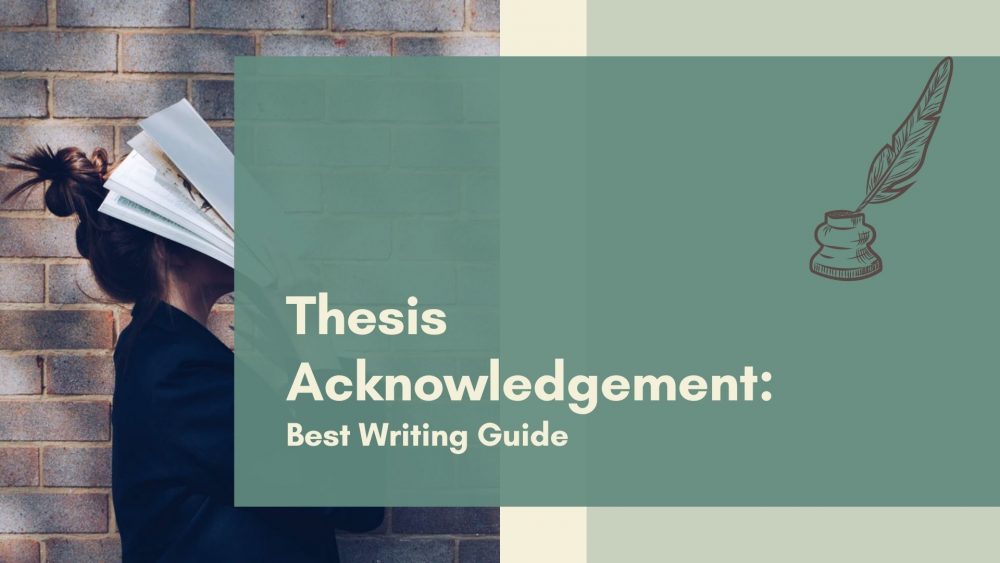What is a longitudinal study? This is definitely one of the questions we receive most often here at our writing company. The truth is that many students don’t have experience with these kinds of studies. They don’t know the difference between a cross sectional design and a longitudinal design. Of course, this also means that these students are not able to do such a study effectively.
So, what is a longitudinal design? In this blog post, we will tell you everything you need to know about this study. We will also give you an example of what you can achieve with it. And because we’ve mentioned cross-sectional studies above, we will compare the longitudinal study with them. It goes without saying that you will also learn about all the interesting benefits of longitudinal study. Let’s get started!
In-Depth Information About the Longitudinal Study
Let’s start with the definition of a longitudinal study. Basically, this is an observational study that observes the same set variables over a period of time. The study can take place over a short period of time such as days or weeks, or it can take place over months of years.
There have been some studies that took place over the course of decades. The Baltimore Longitudinal study of Aging (BLSA) is the world’s longest running study, having been started in 1958.
A longitudinal study uses the observational research technique to attempt to uncover relationships between specific variables that are not linked to background variables. Keep in mind that the study will focus on the same group of individuals. This is the longitudinal study definition, but there is definitely more to talk about.
Types of Longitudinal Studies
Did you know that there are 3 major types of longitudinal studies? When you are thinking about a longitudinal research design, you need to be sure what type would best suite your needs. Here are the most important types of studies explained:
- Cohort study. In this study, you need to select a group of subjects based on a very specific trait. For example, you could choose individuals with the same birth date or who were born in the same city. The length of the study varies wildly.
- Panel study. A panel study usually involves a larger sample of people from a population. Also, this kind of study is usually conducted over prolonged periods of time. Most often, researchers use panel studies to do a quantitative analysis of the sample.
- Retrospective study. This study is based on existing data that has been gathered using the same methods. For example, examining patient records for people with Alzheimer’s over the last 10 years is a good example of a retrospective study.
Looking for a Longitudinal Study Example?
Now that you know what longitudinal research is and what it is useful for, it’s time to show you an example of such a study. We know, a longitudinal study example will help you a lot when it comes to writing a thesis. This is why we won’t give you one, but three longitudinal study examples:
- Let’s start with a cohort study. An example of such a study is the monitoring of the over thirty male population in a specific town for lung cancer. The sample will be tested periodically over the course of the study and the aim is to find out the percentage of males over thirty who develop some form of lung cancer.
- Next, we’ll talk about the panel study. An easy to understand example of such a study is a customer satisfaction survey that you submit to select customers several times over a period of time. The aim of this study is to see whether customer satisfaction is on the rise or if there are some problems with the product you are selling.
- And finally, the retrospective study. A simple retrospective study example would be the AIDS retrospective. You can select a sample of people with AIDS and ask them about their medical history or their eating, drinking and smoking habits. The findings may lead to the discovery of the factors that contributed to them developing the disease.
Is a Cross-sectional Study the Same as Longitudinal Research?
You’ve probably heard about the term “cross-sectional study” before. Maybe it was something related to survey, or perhaps you’ve encountered the term while searching for ways to achieve your research goals for your thesis or dissertation. The question is: it his study the same as longitudinal research? The simple answer is NO. The two studies are different and should never be used interchangeably. Here are the main three differences between the two:
- The cross-sectional study process requires you to do the observations at a single point in time. As we’ve told you above, a longitudinal study requires you to do repeated observations over a period of time.
- The cross-sectional study can tell you the state of a population at a given point in time. The longitudinal study, on the other hand, is used to highlight the changes in your sample over time.
- A cross-sectional study observes multiple groups of people (this is why it’s called cross-sectional) of the same population. The longitudinal study is performed on the same group of people for the entire duration of the experiment.
So, even though the parameters of the studies may be similar, you should never confuse a cross-sectional study with a longitudinal one. Your professor will penalize you severely if you fail to use the right methodology for the study you choose. Things get even worse if we’re talking about a thesis.
Longitudinal Study Strengths and Weaknesses
Now, it’s time to talk about some relevant longitudinal study strengths and weaknesses. After all, you need to learn when to use this kind of study and when to choose another type. Here are some of the strengths of such a study:
- In most cases, a longitudinal study enables you to quickly identify trends. This makes it very useful in the fields of medicine, sociology and psychology. The data is collected in real time, so it’s relatively easy to find trends in the data.
- The longitudinal study is quite flexible. What does this mean? It means that even though the study observes a single point in time, the data can show patterns that can easily be generalized. In addition, the length of the study means that researchers have greater flexibility.
- The study has a high level of validity because of its length. The objectives and rules are set right from the start and the data is collected over a long period of time. In other words, the data you collect has a very high level of validity.
Of course, there are also some weaknesses when it comes to longitudinal studies. Here are just some of the weaknesses:
- The longitudinal study has a relatively high degree of unpredictability. As you’ve probably already guessed, it has something to do with the original sample. Let’s say you are studying the effects of oral contraceptives on women thirty or older. Over time, many of the individuals may pass away or stop participating in your study.
- You need large – sometimes huge – samples if you want your study to be accurate. This presents a problem, especially if you are a student working on his thesis or dissertation. Finding a large sample can be a very time consuming – and resource consuming – task.
- You need plenty of time. We’ve told you that the longer the study, the better the results. Well, this means that you could spend years on your research. Unfortunately, this is not something you want to do when you want to get your PhD as soon as possible.
The Major Disadvantages of Longitudinal Studies
Now that you know why these studies may not be what you’re looking for, it’s time to show you the major disadvantages of longitudinal studies. Here are the two most important of them:
- Longitudinal studies can get very expensive. If you think about it, you are probably talking about a sample consisting of at least 100 people. You will be observing this sample of the next months, if not years. As you can imagine, this can get expensive. If you are a student working on his dissertation, you may not have the necessary funding to undertake such a study.
- You can’t add new individuals to your sample. Why? Because the whole point of the study is to observe a specific group of people over a period of time. By introducing new people, you are introducing new variables that are distorting the accuracy of your results. Keep in mind that the longer the study lasts, the more people will stop participating in your study for various reasons.
These are the two major potential problems with a longitudinal study. While there are other cons to using this type of study, it is entirely up to you if you wish to set one up. If you plan things carefully, you’ll have an excellent opportunity to gather extremely useful data from your sample.
Getting Top Notch Research Help
OK, but how does longitudinal research fit within a thesis or dissertation? The main purpose of this study is to provide you with the data you need to analyze to support your thesis statement. Such a study works great for a dissertation because you can come up with something original (and you’ll have the data to find potentially life-changing results). However, any university professor will tell you that a longitudinal study is not easy to do.
This is why we are offering students and postgrads the research help they need. Our reliable experts are all PhD degree holders, so you can rest assured that you will be working closely with somebody who knows what he’s talking about. Also, keep in mind that many of our professional writers have been writing informative academic content for over 10 years. We work fast because of our knowledge, experience and expertise. Our experts can do the longitudinal study psychology students need for a very affordable price.
So, can you do my thesis? Yes, we can provide you with the assistance you need to complete the study and analyze the data. We’ll help you get your degree, no matter what it takes. And believe us, we haven’t had a supervisor who didn’t appreciate our fantastic work.
Of course, we can help you with much more than just doing the research. Our writers can write your thesis or dissertation from start to finish. In addition, our experienced editors and proofreaders will make sure everything is perfect. We can assure you that you will not have to proofread or edit our paper. It will be ready for submission from the moment you receive it. What are you waiting for? Get in touch with us for quick help and ask us about our current discounts!










